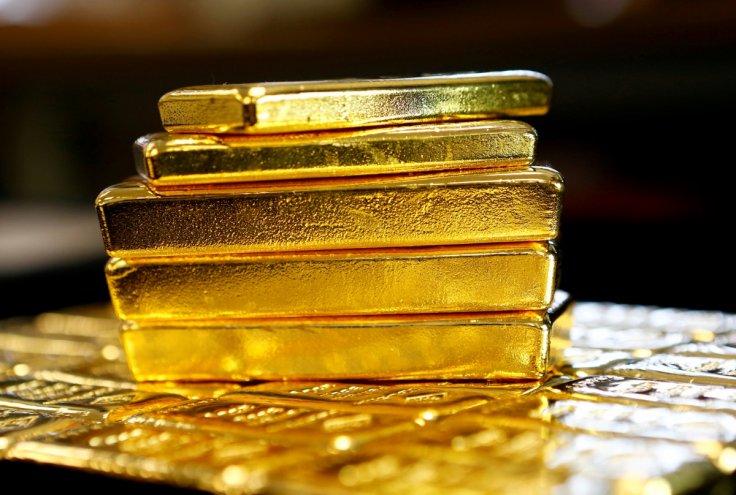
China's economy is showing strains from the prolonged tariff war with the US. On Wednesday, the country's main stock indexes fell, Reuters reported, on signs that the country is going to see anaemic growth and an escalation of the tariff war launched by US President Donald Trump.
"Investor confidence is very weak. There's too much uncertainty around the trade war," Yang Hongxun, Shanghai-based analyst at investment consultancy Shandong Shenguang, told the news agency.
While Trump scored initial gains in the tariff war, his Chinese counterpart Xi Jinping is facing the heat. "With China's economy now evidencing strain under U.S. tariffs, and the U.S. economy booming, it's Xi who finds himself in a surprisingly weak position," Brian Brenberg of the King's College in Manhattan, wrote in Newsweek.
Whichever way the trade war is going to play out, the dominant feeling in the White House is that it is winning the battle against the dragon.
How will China hit back? With both the countries targeting more of each other's goods, the global trade could soon feel the negative impact. However, with its economy slowing down and stock markets faltering, there's probably a different route though which China can hit back at the US.
And that's by hitting the greenback, according to an analyst. Alasdair Macleod, head of research at GoldMoney, says that China is well placed to challenge and upturn the hegemony of the US dollar on a global scale.
China has long nursed the ambition to create an alternative to the US dollar as the currency for cross-border trade. Macleod told Russia Today that China could make this happen at least inside the Asia region in the near future.
And this can materialise through the gold route, according to Macleod. He says that Beijing has been accumulating gold for a long time with a view to backing up renminbi. According to him China has much more gold than the official figure of 1,842 tons. The actual Chinese gold reserve could amount to around 20,000 tons, he says.
If China begins to back the Yuan with its gold reserves, it could kill the US dollar, the expert says.
China launched its Yuan-denominated oil futures contract in March this year, prompting some analysts to predict the emergence of the 'petroyuan' as an alternative for petrodollar.
"This could be a death blow for an already weakening U.S. dollar, and the rise of the yuan as the dominant world currency," Oil Price.com said in a report at that time, citing analysts.
No one knows for sure if China has 20,000 tons of gold in reserves. But if indeed it has that deep a gold reserve, Beijing can take on the US dollar by using gold for international trade. Trade war will then take a different hue, and sanctions founded on geopolitical issues would have less impact.
It has been reported that Russia accelerated its bullion buying around a decade ago, keeping in mind the fact the Moscow will have to plunge into a battle against the dollar dominance at some point.








